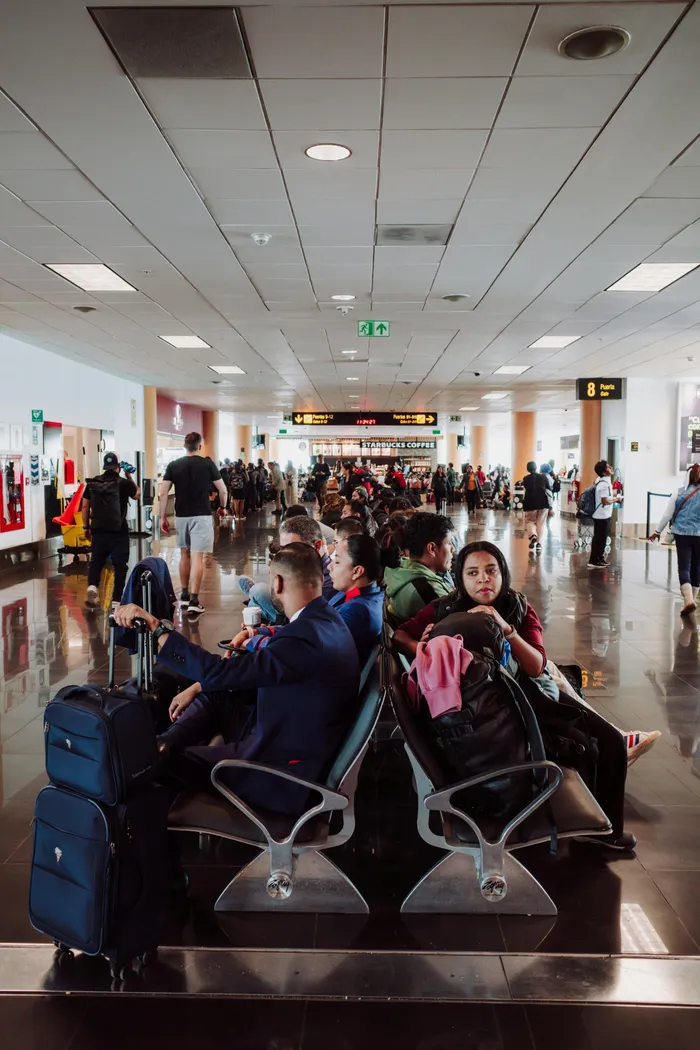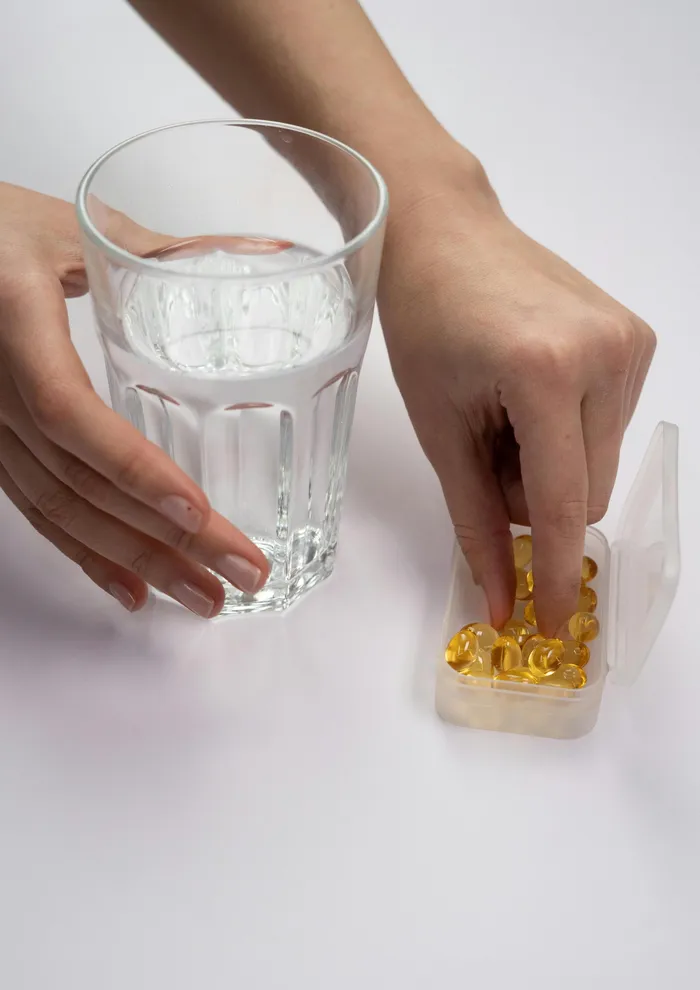
Getting sick while traveling is an all-too-common experience that can ruin even the most meticulously planned trip.
Image: Pexels
The thrill of travel can quickly turn into a nightmare when illness strikes, derailing even the most carefully planned adventures.
From minor respiratory infections to stomach bugs, the risk of falling ill while globe-trotting is an unwelcome reality for many.
According to Dr Steve Burgess, CEO and founder of CME Vacations, a company that specialises in organising Continuing Medical Education conferences in vacation destinations for healthcare professionals, the environments we traverse, usually bustling with people in confined spaces, are not just insignificant crossroads; they are breeding grounds for pathogens.
But what if there’s a simple yet effective method to fortify your immune system precisely when you need it the most?
Burgess advocates for a novel approach, one that emphasises "when" you consume supplements rather than "what" supplements to choose.
Most travellers, he notes, fall prey to common misconceptions surrounding immune protection, often relying on sporadic doses of vitamins or waiting until they sense the onset of illness.
Understanding the risks while travelling
To grasp Burgess’s unique approach, it’s essential to understand why travellers are particularly susceptible to illness.
Being crammed into aircraft, trains or buses with countless other passengers exposes individuals to a greater number of pathogens, while stress, disrupted sleep, and unfamiliar environments further compromise the immune system.
He explains: "Travel creates a perfect storm of immune challenges. You’re exposed to more pathogens than usual, while simultaneously experiencing conditions that compromise your immune system's ability to fight them off."
This reality means that the conventional wisdom of waiting until illness strikes to take action often results in missed opportunities for prevention.

Most travelers attempt to counteract sickness by taking immune-boosting supplements randomly throughout their trip, or worse, waiting until they already feel the first symptoms of illness.
Image: Pexels
The immune timing trick
Burgess’s method, often described as straightforward yet powerful, revolves around the careful timing of immune support.
His advice: Take zinc and Vitamin C supplements about 1-2 hours before embarking on a flight or entering crowded travel spaces, such as busy terminals or packed trains.
"The timing is what makes this approach so effective. Most people either take supplements on a regular schedule regardless of exposure, or they wait until they’re already feeling sick. Both approaches miss the critical window when protection is most needed."
By taking these supplements shortly before entering high-exposure environments, travellers essentially provide their immune systems with a targeted boost during the most vulnerable moments.
Why this timing strategy works
The scientific rationale behind this approach is robust.
Zinc is known for its ability to prevent viruses from multiplying within the respiratory tract, while Vitamin C enhances immunological function at a cellular level.
Burgess likens this preventative measure to displaying an umbrella right before stepping into the rain:
"These supplements temporarily enhance certain immune functions, but that enhancement only lasts for a few hours."
Studies have demonstrated that zinc can reduce both the duration and severity of cold symptoms when administered within 24 hours of illness onset.
Therefore, taking it preventatively before exposure grants the body a head start in responding to potential threats.
Implementing the immune timing method
For optimal efficacy, Burgess recommends the following guidelines:
- Take lozenges over pills: Zinc lozenges facilitate direct contact between the mineral and the throat, the common entry point for many infections.
- Stay hydrated: Adequate water intake enhances the effectiveness of the supplements while countering the dehydration often associated with air travel.
- Repeat before each exposure: On longer journeys with connections, consider a supplemental dose before each flight or train ride.
Burgess emphasises that this method's allure lies in its simplicity.
“It doesn’t require expensive supplements or complicated regimens. Just common, affordable supplements taken at precisely the right time,” he explains.
What sets this method apart from traditional travel health advice is its focus on timing, which often goes overlooked.
Many assume that if they ingest large quantities of vitamins or strictly scrutinise air quality, they will shield themselves from illness. Yet, as Burgess points out, neither approach addresses the pivotal timing element.
"Through my work organising medical conferences in destinations worldwide, I've observed which healthcare professionals tend to stay healthy during travel and which don't.
"I've noticed that those who time their preventative measures precisely tend to enjoy their trips without interruption from illness. This simple adjustment has helped countless physicians maintain their health through extensive travel schedules," he shares.
Related Topics: